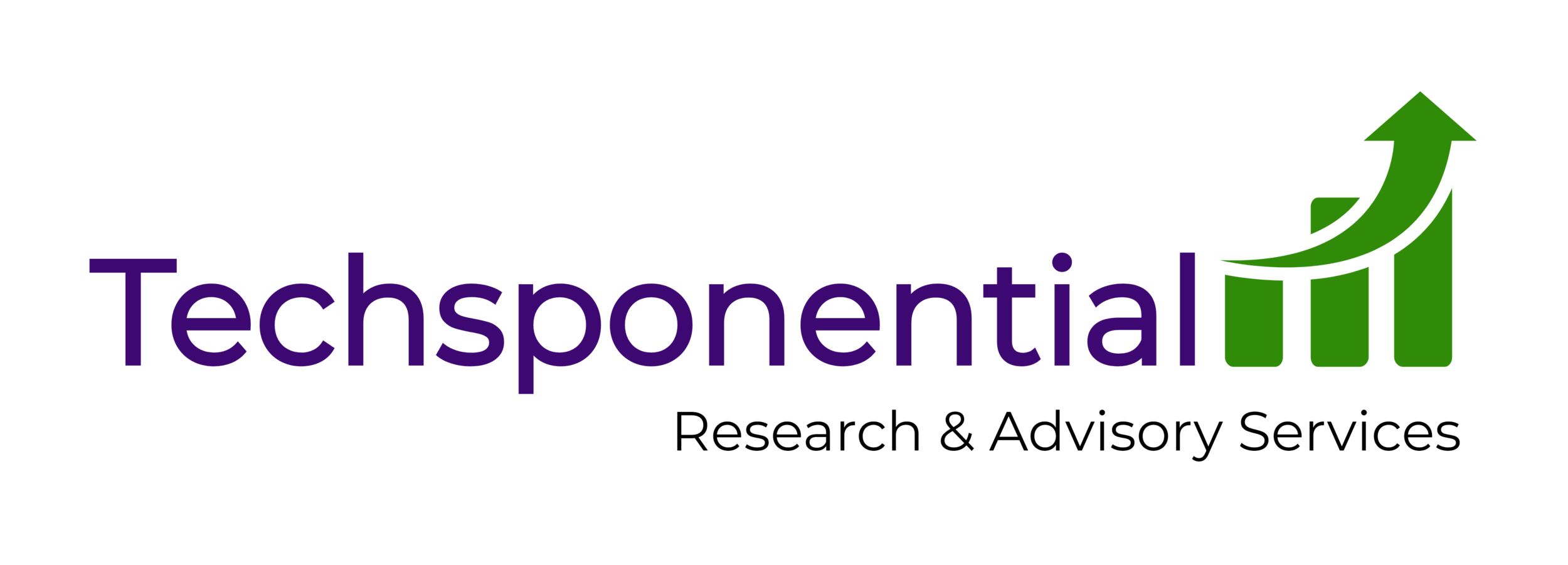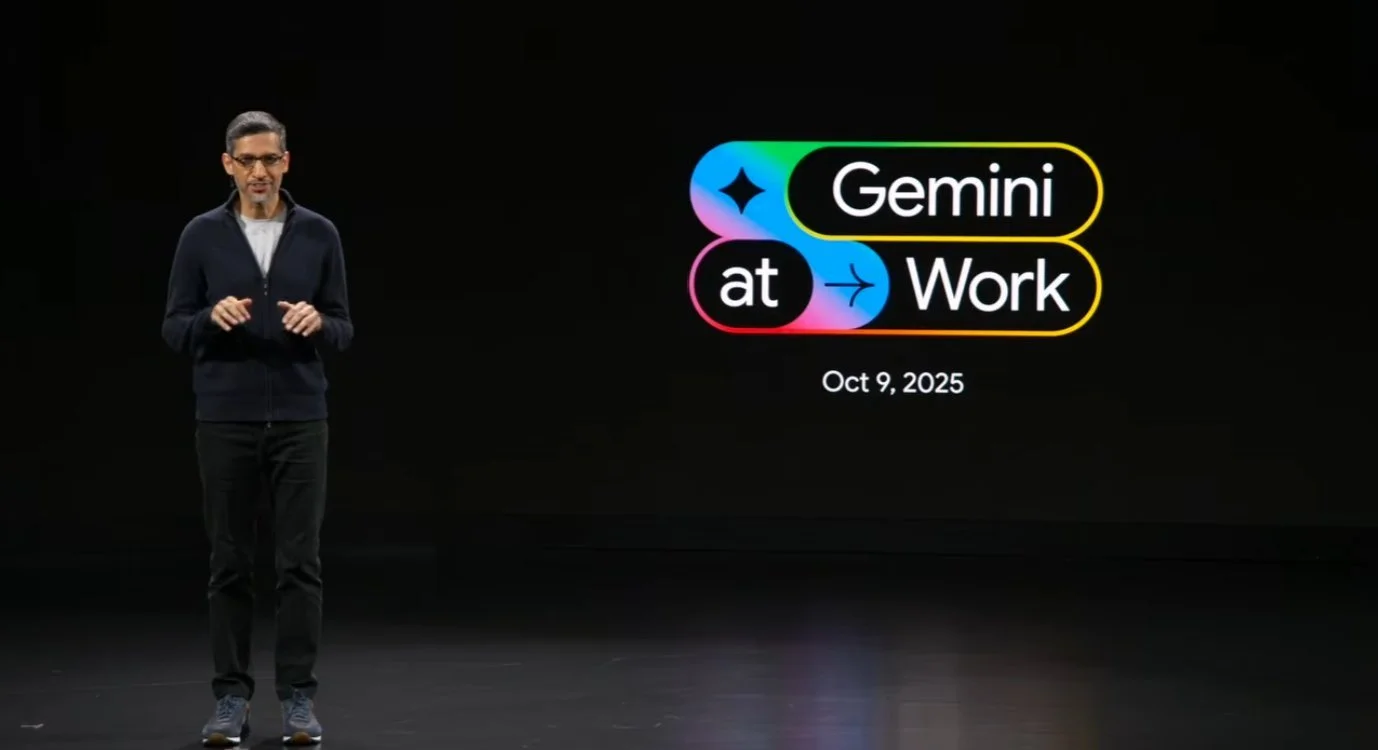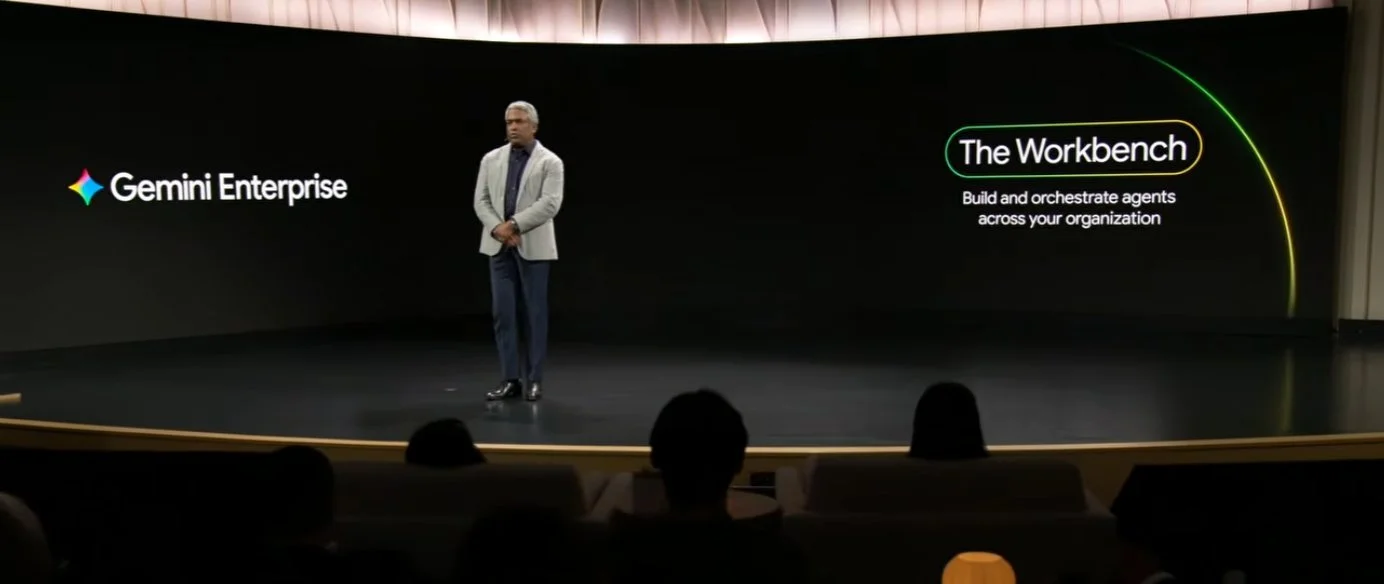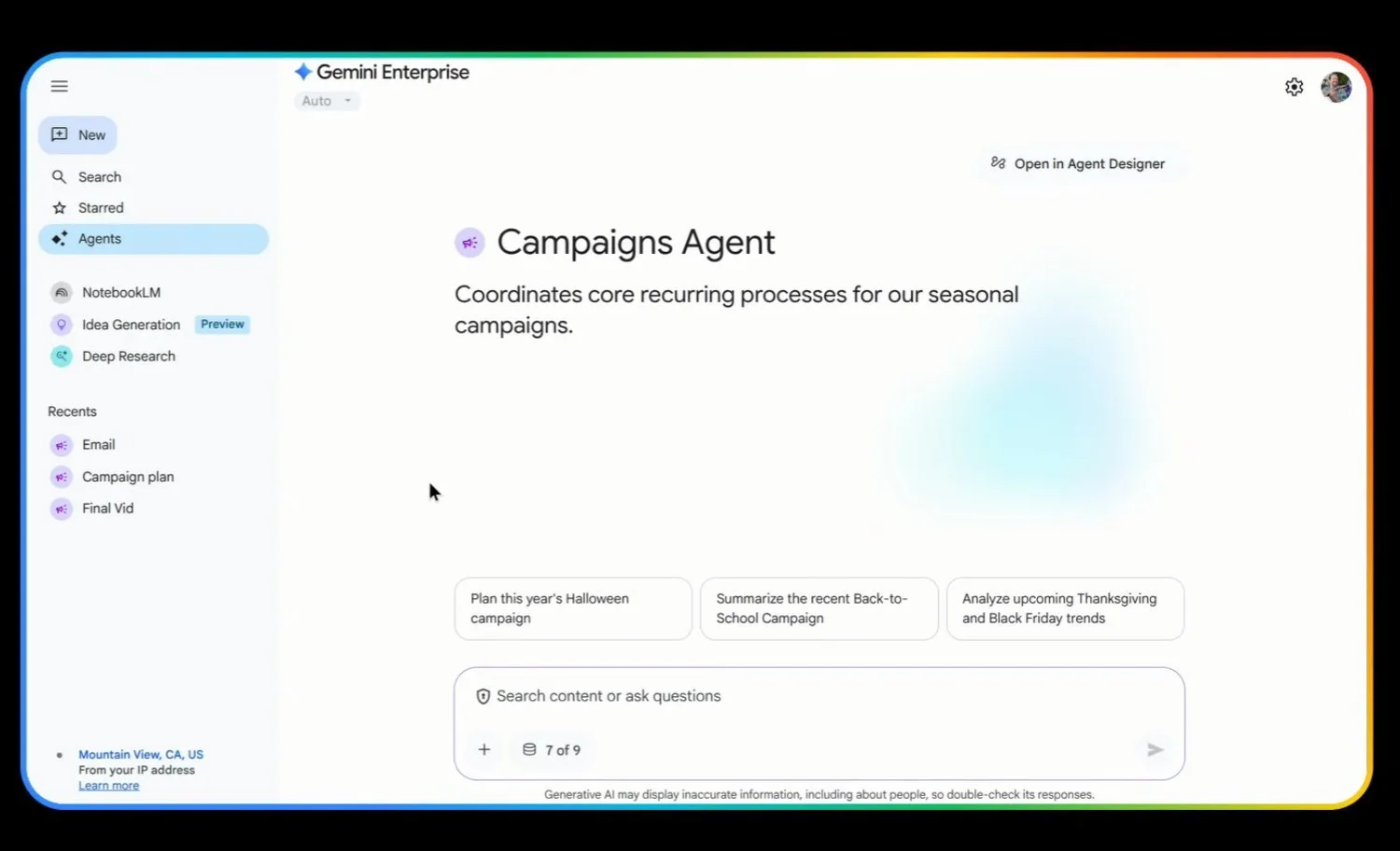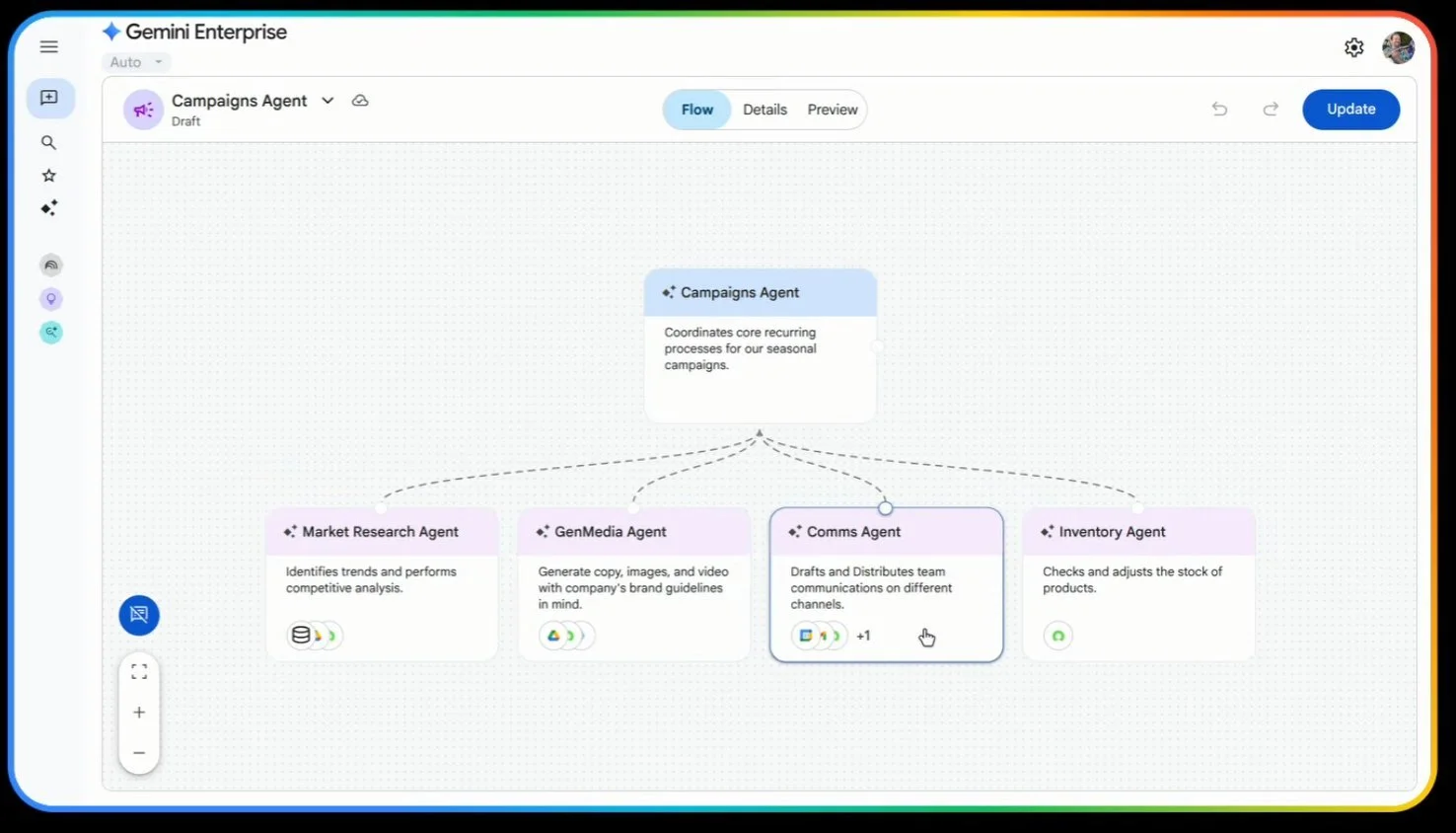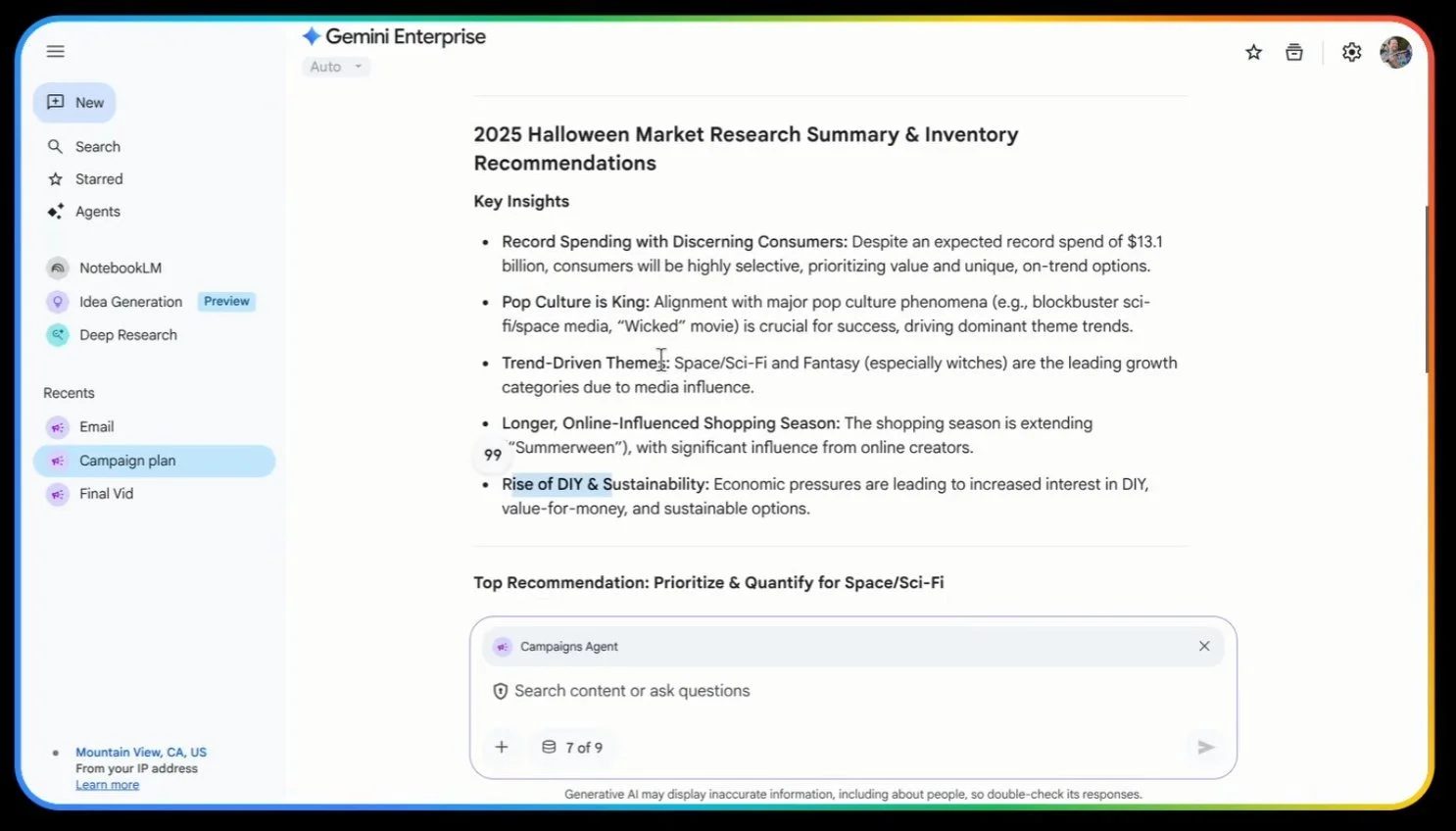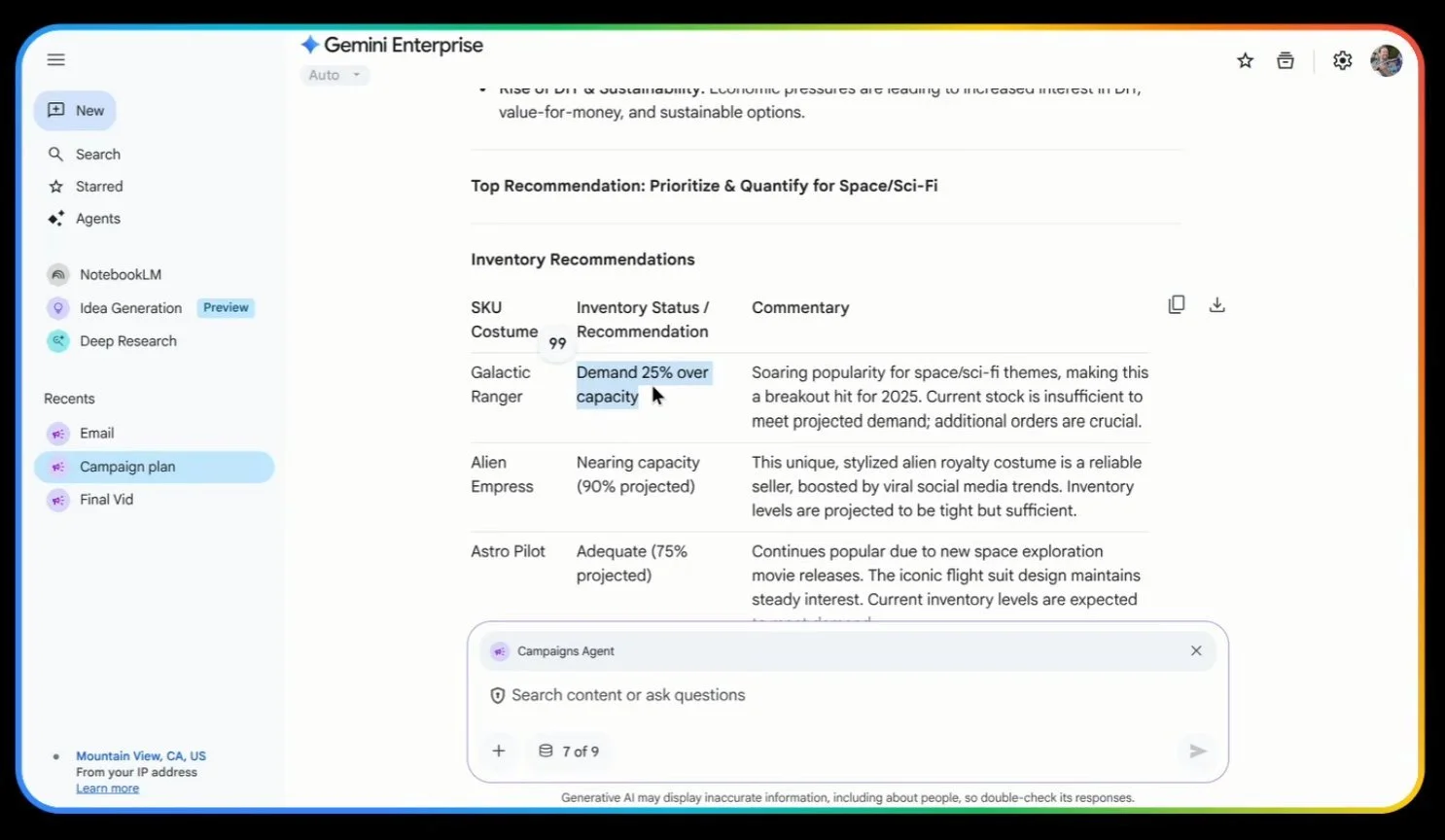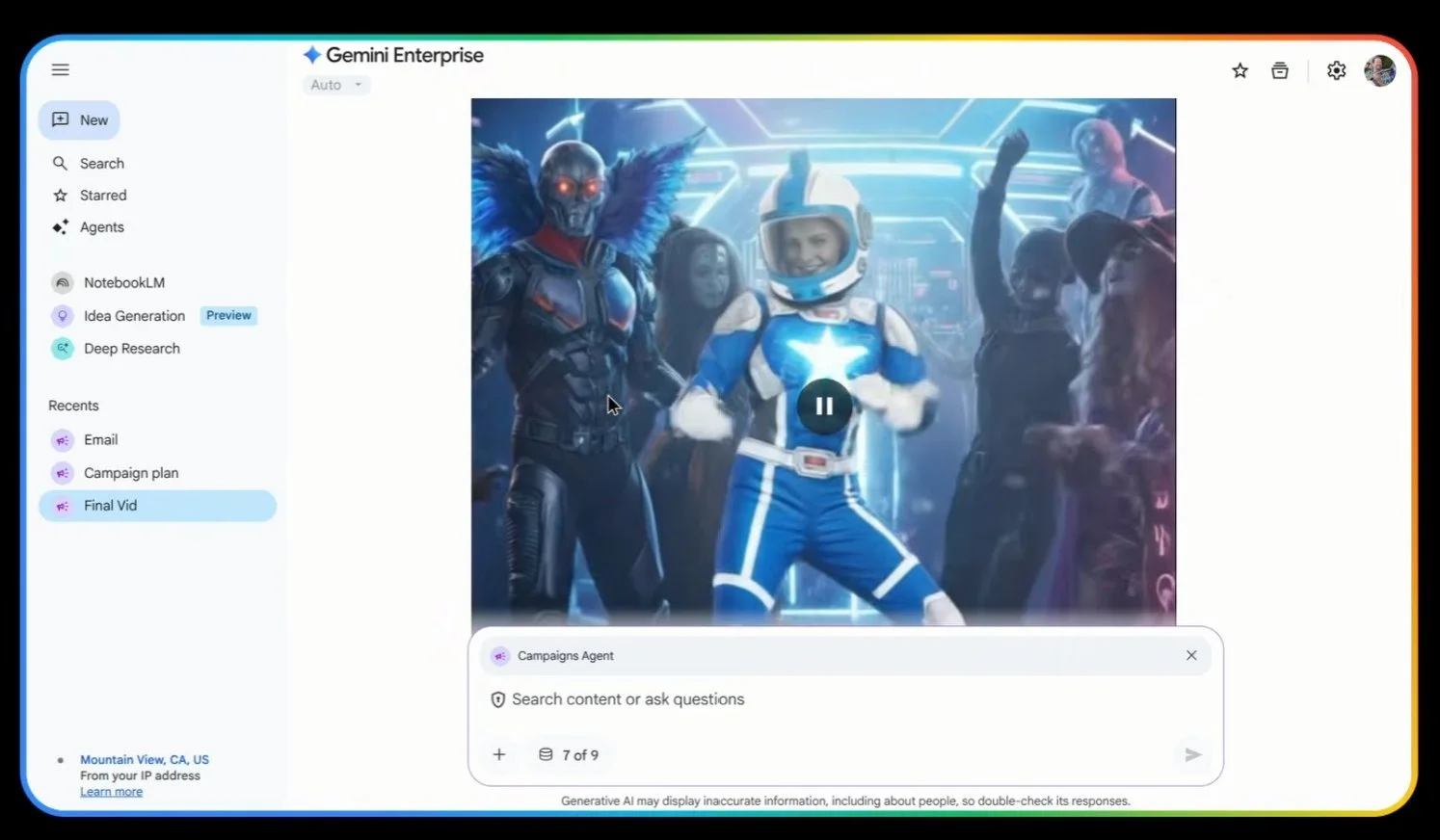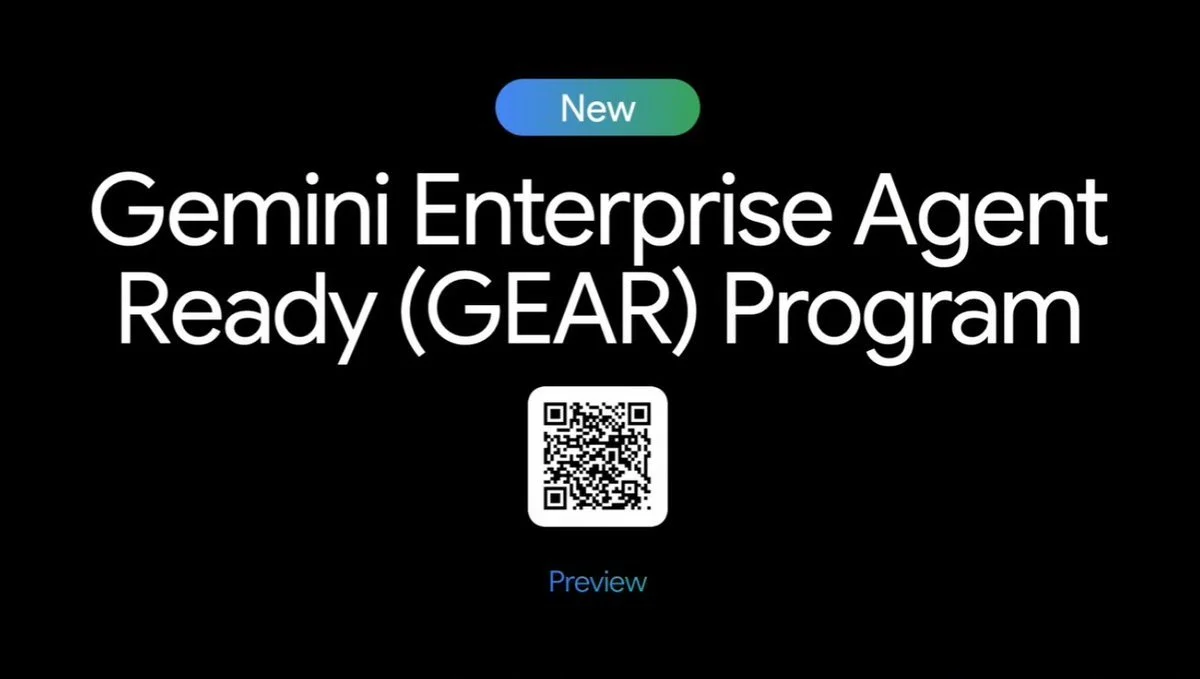Gemini Enterprise Provides a Framework for Agentic AI at Work
Google just launched Gemini Enterprise, a set of enterprise-oriented AI tools that are impressive in scope but workers are going to need to scale a learning curve to get the most out of them. That could also be said for spreadsheets and databases when they were first introduced. Google already uses its own AI tools to generate half of all its new code (which is then reviewed by humans), but coding is a well understood AI use case; the non-coding examples Google shared are more exciting such as automated nurse shift handoffs at a health organization, and service scheduling at Best Buy. On its website, Google leans even more heavily into agentic AI case studies with a list of “1,001 Real World Use Cases.”
Gemini Enterprise’s “no-code workbench” enables code-free AI agent generation allowing instant research and process completion based on a company's own data and the individual employee’s context, all with governance and security. This is extremely hard to explain. Google makes an attempt (“enables any user — from marketing to finance, and any other team — to analyze information and orchestrate agents to automate processes, and accelerate productivity across the organization”) but most of those words sound like a parody of corporate language strung together in a sentence. Fortunately, Google provided an example that gives you an idea of what it is proposing. Google's main example was helping a marketing manager building AI agents for managing seasonal sales campaigns for a Halloween costume maker from start to finish, including marketing, sales projections, and inventory management. The example showed how Gemini Enterprise AI agents can manage the process, research the market, flag issues with inventory, and prepare content for the ad campaign. It looks enormously capable, and automating entire workflow processes should improve productivity.
Google claims that it is code-free. It may be true that you don’t have to be a software developer to use it, but this is still complex. Humans are absolutely still involved but they will need a lot of training and guidance. You can also take these comprehensive AI-agent led workflows too far. It is way too easy to include AI slop (generic and artificial images and video) in your output; just because you can use AI for every part of a process doesn't mean that you should. At the dawn of desktop publishing everything became a newsletter, and every newsletter layout had multiple columns and seventeen different fonts because suddenly it was possible. Eventually, the pendulum swung back to favor readability and aesthetics — and not everything needed to be a newsletter in the first place. I suspect that it may take a cycle or two to find the right balance with these AI tools as well.
You won’t have to build your own agentic AI workflow from scratch; Google has a taskforce of pre-built agents for jobs like research and data insights that can be used on their own, alongside company-built agents, or with partner solutions. “AI Agent Designer” is already an actual job title on LinkedIn (for humans). Google says that Gemini Enterprise can securely mine company data for context, whether that data lives in Google Workspace, Microsoft 365, Salesforce, or SAP. If I were an IT manager deploying Gemini Enterprise, I would ask for specifics based on how you have those systems deployed; access to this data is a key to getting personalized productivity out of your agents but there are bound to be huge implementation challenges. Gemini Enterprise includes a central governance framework so that companies can manage, secure, and audit all their agents from one place.
Another part of Gemini Enterprise is a set of next generation conversational agents, typically used in customer service applications. There may be some pushback here; good luck ever talking to a human again. Implementation will be key; there are certainly times when a good support chat agent is better than a poorly trained human reading from a script -- not just for the company, but for the customer as well.
In an age of AI agents, there needs to be a standard way for them to interact, and that now includes payments. I'm still not letting my teenager have access to my credit card, but AI agents can now pay each other. To be fair, most transactions are already automated in some way, and some are entirely programmatic, but this still feels like a big step where a level of control is lost. I'd say that this means there will be more work for risk managers, but there's probably an agent for that. I eagerly await the first agent-driven banking meltdown.
Google closed its Gemini Enterprise presentation with a half-hearted pitch for Google consulting services, along with much needed training programs for employees to understand and deploy Gemini at work. Consulting is a necessary enabler for new technologies that change how work is done, but renting out its engineers to help clients isn’t scalable and doesn't fit Google's business model. Using AI effectively is clearly going to be a core work skill going forward but the learning curve for enterprise agentic AI is significant. Once initial deployments are in place, Google’s new training courses and certificates will be key to getting companies to use and pay for Gemini Enterprise.
For Techsponential clients, a report is a springboard to personalized discussions and strategic advice. To discuss the implications of this report on your business, product, or investment strategies, contact Techsponential at avi@techsponential.com.
